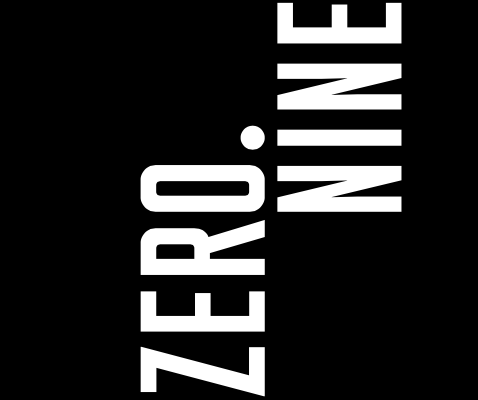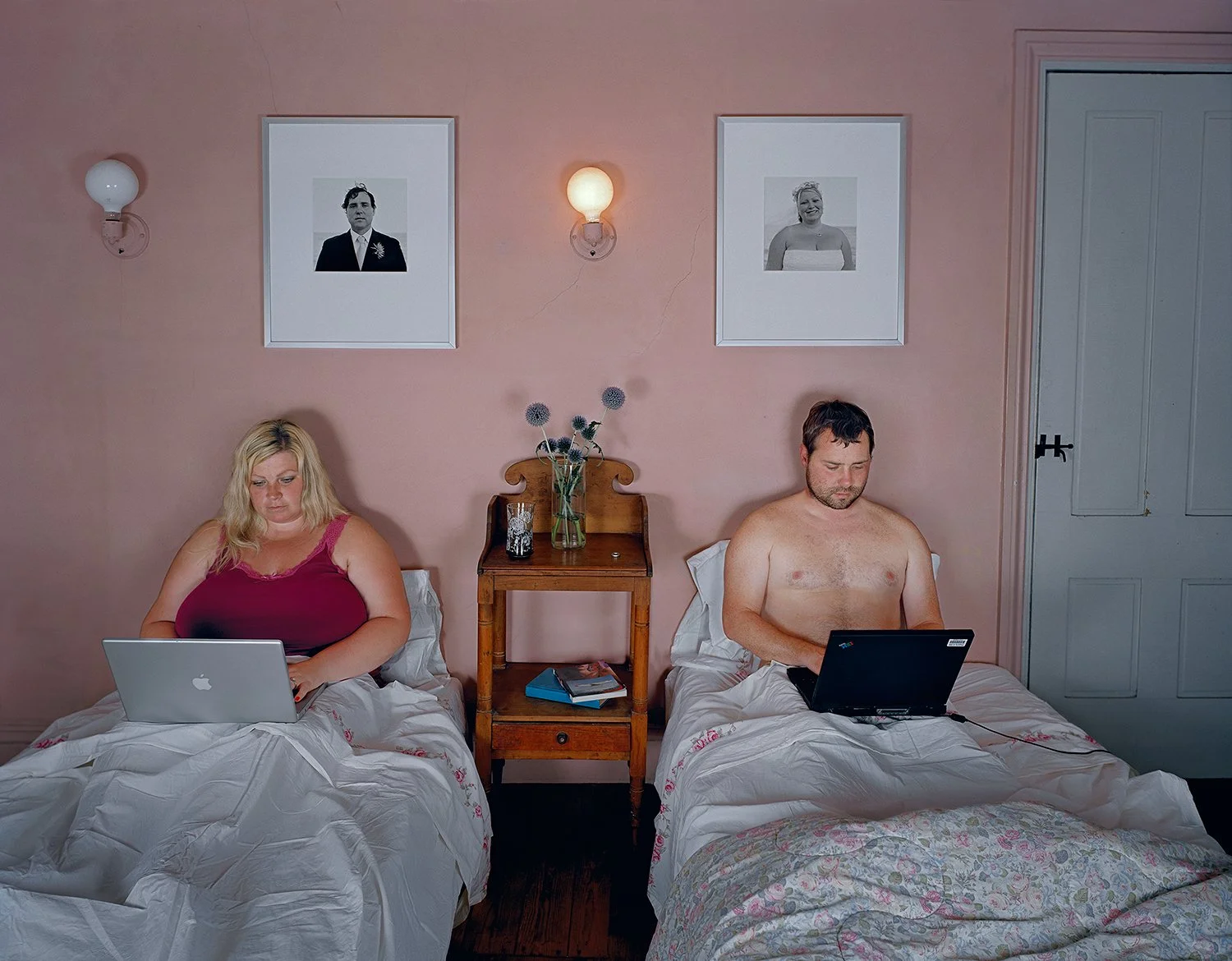In conversation with Rhumba Club
Featured in GQ magazine’s list of new artists to watch in 2020, Tom Falle, talks to us about his band, Rhumba Club — a synth driven, 80’s inspired outfit which aims to add a bit of genuine provocation into the pop landscape.
Interview by Daniel Vildósola, Photography by JC VeronaWho is Tom Falle?
A queer pop geek with lofty ambitions and too many synthesisers.
What is the music scene like in Jersey? How has growing up in Jersey influenced your music?
The music scene in Jersey definitely exists, but there wasn’t much room for me in it. I always felt quite… heterodox… or maybe just not very cool. Everyone around me loved pop punk or the Chili Peppers when I was younger. Now they all love Bon Iver and Jack Johnson. I always felt like the music I made was a visceral reaction to the consensus. I loved Queen, Erasure, Bowie & The Beatles.
What was your musical upbringing like?
I had piano lessons. School was very encouraging of music but my biggest influence was undoubtedly my mum’s music taste. We had ABBA, Motown and Yacht Rock on the way to school - for better or for worse. A musical diet based on CD’s that came free with tabloids.
What do you find yourself listening to nowadays?
I’m a true child of Spotify so I listen to what I want when I want to. It really is quite eclectic. At the moment I’m really into Yacht Rock - Hall & Oates, Steve Winwood, Steely Dan… stuff with a smooth vocal and a really musical arrangement/production. In terms of more current artists, I’ve been listening to Holiday Sidewinder, Caroline Polachek, Christine & The Queens, Haim and Blood Orange.
“[Rhumba Club] was initially conceived as a queer club night I used to hold in East London.”
What is Rhumba Club?
It was initially conceived as a queer club night I used to hold in East London. Now it’s my artistic moniker. It provides the space for me to do exactly what I like, creatively speaking. It’s also a nice way of including my fans ’the clubbers’ and my live band ‘ the Club’.
Do you write & arrange all the parts for the Club?
I write all parts, apart from the occasional solo. I will sometimes get the Club to give me a few options and I edit and tweak accordingly. They are brilliant and super patient musicians.
Was it a conscious decision to find an 80s retro sound or did it happen organically?
I used to play in an indie-ish band called TEDDY. It was kind of indie-electro with an experimental edge. We used a lot of chopped up vocal and marimba samples and sung lyrics like ‘I’m Rough Baby, I shit every day and I think about dying’... When we split up I made a conscious decision to do exactly what I wanted and start playing with some of the influences that I had hitherto untouched. I feel like that focus is coming to the ends of its era now though. 2021 will see me shake things up a bit.
“I am self-produced, but as a matter of principal I get someone else to mix my tracks for me.”
Do you work with any producers or are you self produced?
I am self-produced, but as a matter of principal I get someone else to mix my tracks for me. Mikko Gordon mixed my latest tracks, and he did a great job.
Why do you insist on getting someone else to mix?
When you do everything – write, arrange, produce, sing, play, and record the song. You need someone else to finish it off. My ears are interesting, but they aren’t perfect and they certainly aren’t objective after hours of working on a track. It’s also an important part of the process for me - it allows me to let the song go, emotionally speaking. Dwelling on past work is a terrible idea!
What is your desert island synthesizer?
The Sequential Prophet-6, an evolution of the Prophet 5, which has been used one some of my favourite records – Talking Heads, Madonna, Genesis etc. The power of the machine is so obvious too when you listen to it. It feels like you are playing a guitar, with all the unpredictably and possibility of a Strat. But I’d have to say that… I’m a Sequential brand ambassador…
The Sequential Prophet-6
Can you tell us about your song Normativity? What does it mean?
People often think Normativity is about mocking straight people and toxic masculinity. It’s really not - its more about general human strictures. I loathe orthodoxy of any kind - be that in gender, politics, censorship or religion. It’s a rallying cry against all kinds of super-imposed regulation.
“People often think Normativity is about mocking straight people and toxic masculinity.”
I’ve heard you say that you’ve written some songs ironically? How do you use irony in your work?
If I did say that, I regret saying it. Irony sounds like an excuse. Everything I do is very sincere, but I do try to write lyrics that provoke thought. I use a lot of double-entendre, sarcasm and a bit of a wink at the camera. My work is often described by others as ironic. I’ll let em have it.
What is in store for 2021?
A few singles, an album, a vibe shake-up. A new version of Rhumba Club.
Listen to his favourite 10 tracks at the moment here

















